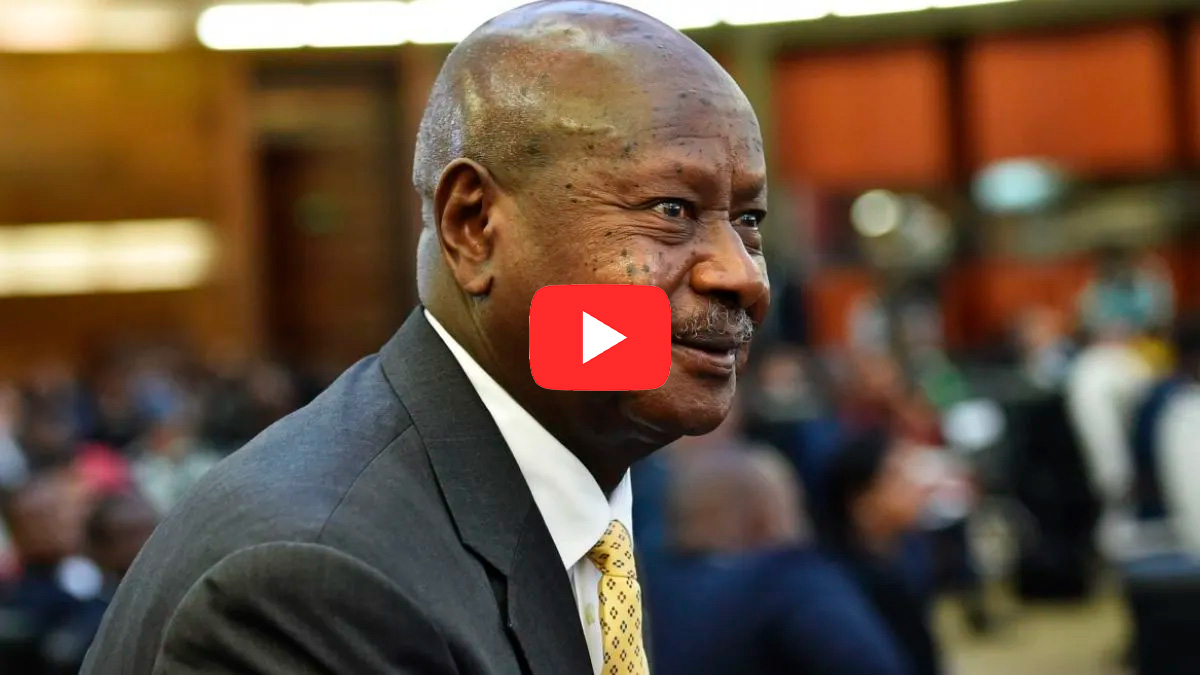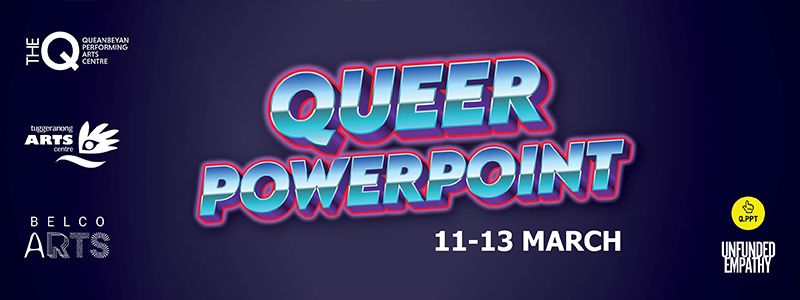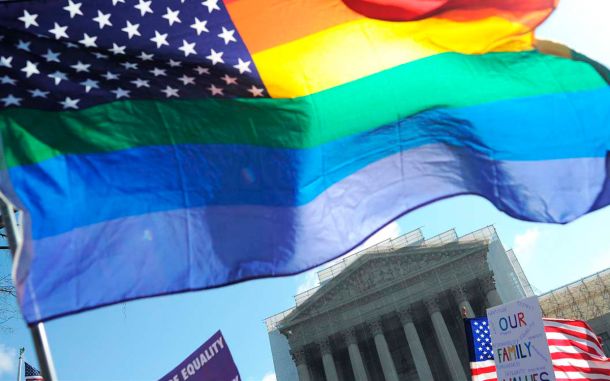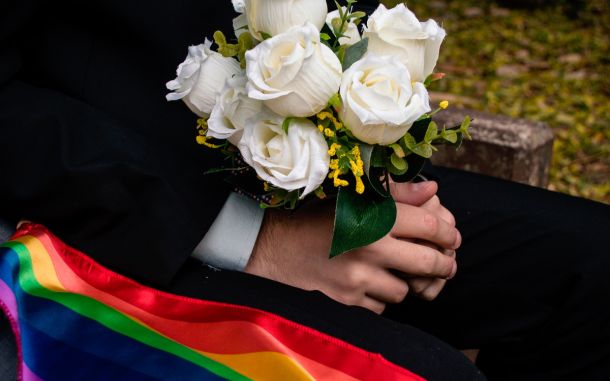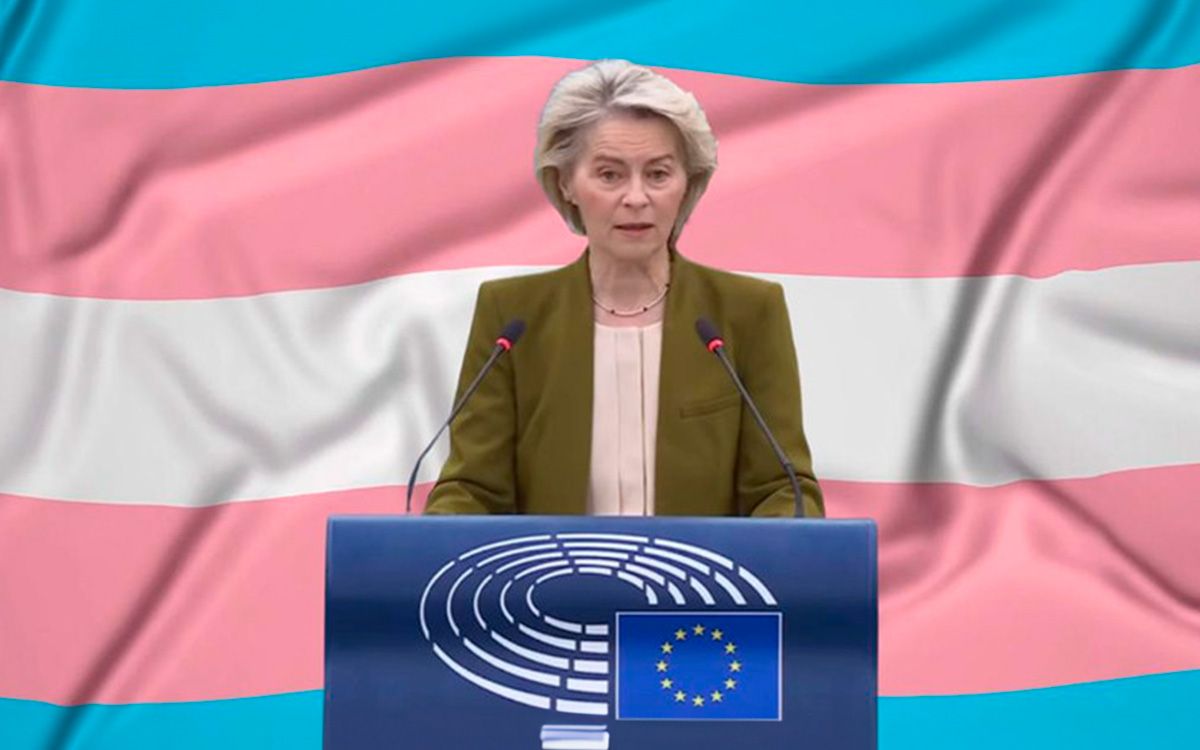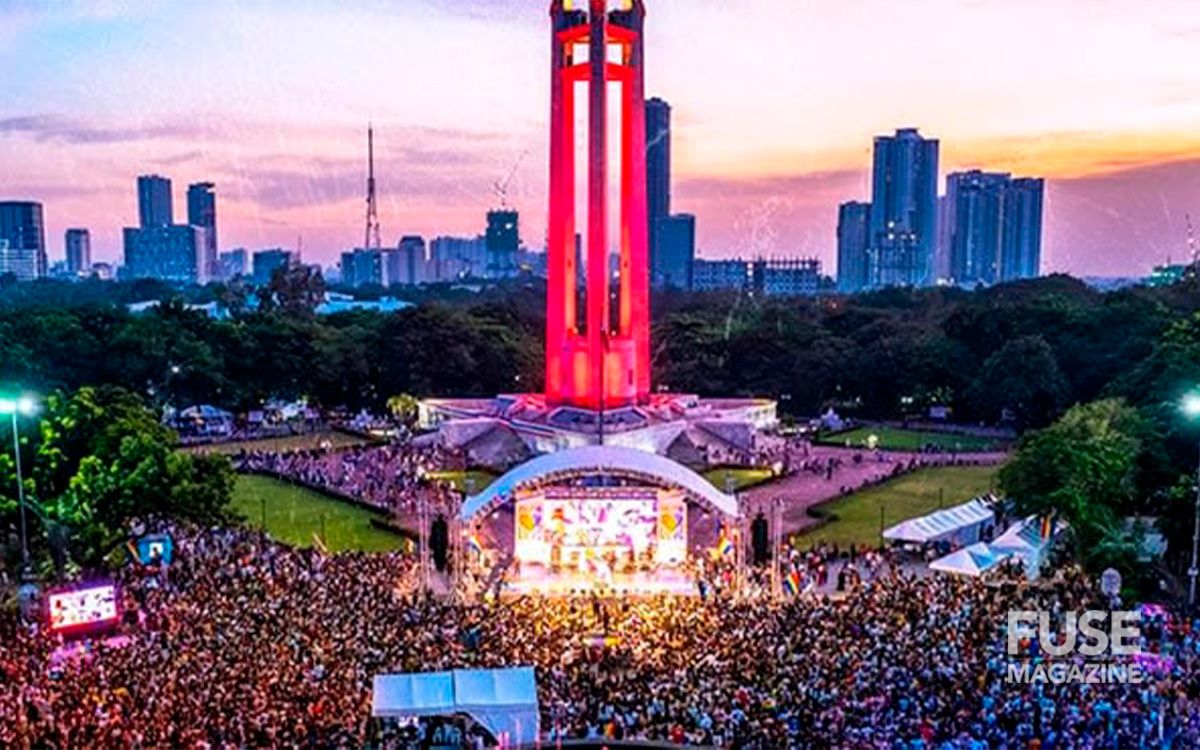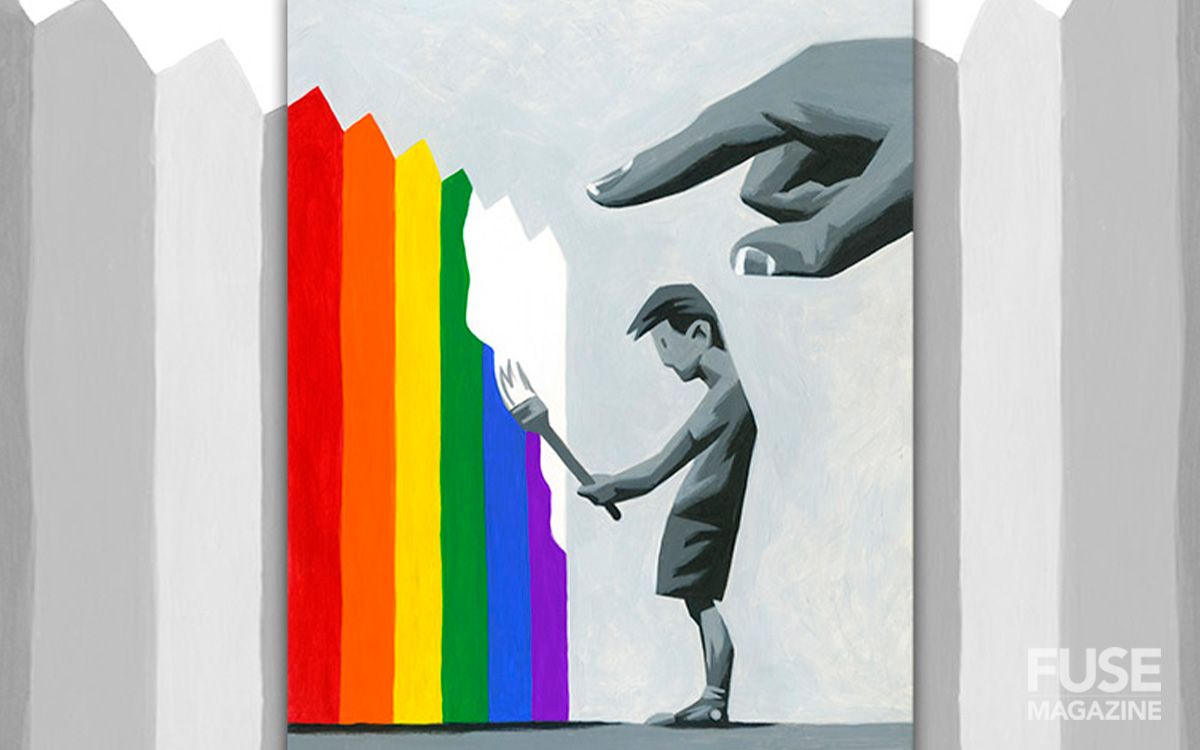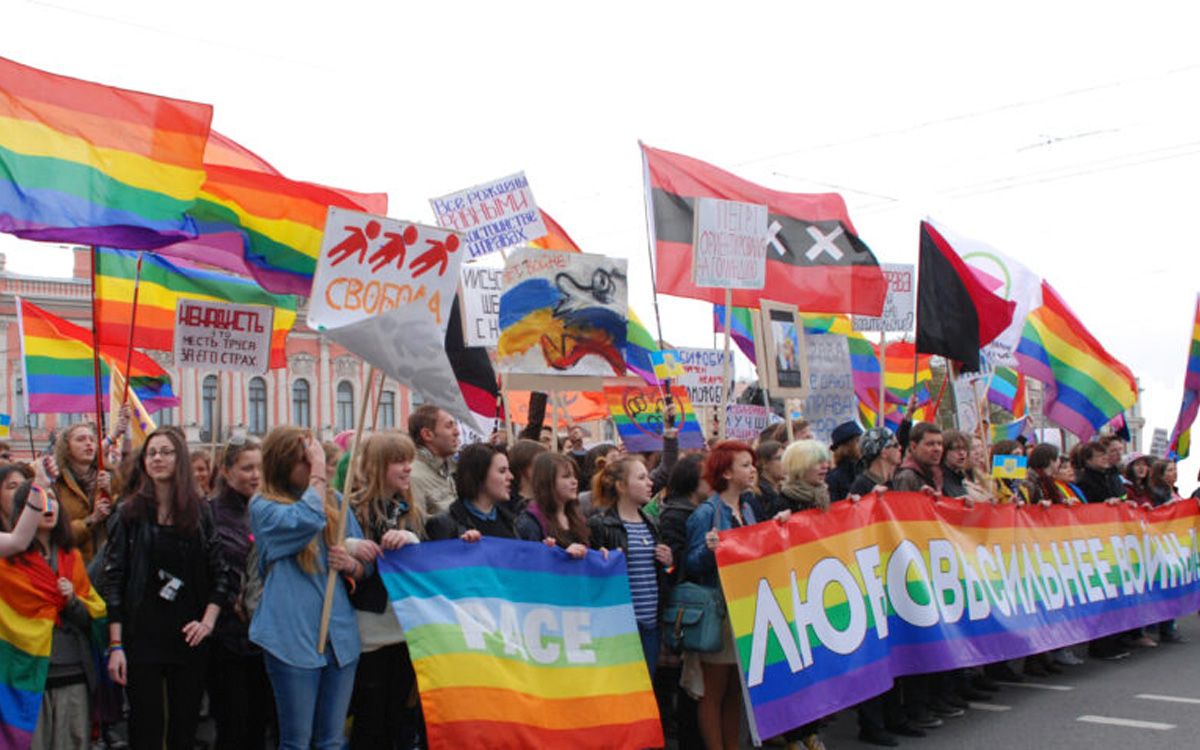Uganda’s new anti-LGBTIQ+ law could lead to death penalty

The legislation, which Amnesty International has called“appalling”, “ambiguous” and “vaguely worded”, establishes a range of harsh penalties for same-sex “offences” – including the death penalty for “aggravated homosexuality”.
The text of the bill says the law is intended to “protect the traditional family” by not only criminalising same-sex acts themselves but also “the promotion or recognition of sexual relations between persons of the same sex”. If assented to by Uganda’s president, Yoweri Museveni, the law would also make it a duty of a gay person’s family and community to report individuals in same-sex relationships to the authorities.
It’s a significant blow to the LGBTQ+ community in Uganda, which fought to overturn the Anti-Homosexuality Act of 2014 that already contained draconian provisions, including life imprisonment for same-sex acts. Just five months after Museveni assented to the 2014 act, Uganda’s constitutional court overturned it, not due to public outcry, but on procedural grounds.
Human Rights Watch said the passage of the law opened the floodgates for persecution of sexual minorities. HRW has described the current law as a “more egregious version” of the 2014 act and expressed concern that it “criminalises people simply for being who they are”.
The 2023 bill was introduced into a climate that already criminalised consensual same-sex acts, which it referred to as “unnatural offences” under Uganda’s penal code.
Uganda’s constitution already prohibits same-sex marriage and the Non-Governmental Organisations (NGO) Act of 2016 in effect prevents the registration of organisations involved in promoting LGBTQ+ rights. This prevents civil society organisations from advocating for the rights and welfare of sexual minorities.
This was the case for Sexual Minorities Uganda, the country’s leading sexual minority rights organisation, which was denied registration as the proposed name was deemed “undesirable”. The group was subsequently forced to close.
Discrimination and intolerance
The criminalisation of homosexuality has led to discrimination and marginalisation from employment, health and other services. Sexual minorities are ostracised from their communities and threatened with or experience homophobic attacks.
Non-partisan, pan-African research network Afrobarometer reported a 2020 survey which found that only 3% of Ugandans were tolerant of people with a different sexual orientation or identity.
Opponents of the anti-homosexuality bill argue it is in direct contravention of the Bill of Rights in the country’s constitution. This guarantees and protects a number of rights and freedoms applicable to all citizens. These include, but are not limited to, the right to privacy, freedom from inhuman and degrading treatment and protection against discrimination.
But article 43 of Uganda’s constitution also states that the enjoyment of rights and freedoms is subject to limitation if that limitation is seen to be in the public interest and “acceptable and demonstrably justifiable in a free and democratic society”. The public interest here is the protection of moral values and the traditional heterosexual family.
In her submission to the legal and parliamentary affairs committee, prominent human rights activist and academic Dr Sylvia Tamale wrote that same-sex relations have always existed in African societies without persecution and have tended to be treated as a private matter. To criminalise them is to transform them into a matter of public concern and introduce “sexual apartheid”, she added.
Like the 2014 act, the new bill has been met with international condemnation. Uganda is a signatory to international human rights instruments such as the international covenant on civil and political rights (ICCPR) which enshrines the right to non-discrimination, including in private sexual relations.
While the ICCPR does not specify sexual orientation as a protected ground, the United Nations Human Rights Committee has found that the treaty includes an obligation to prevent discrimination on the basis of sexual orientation. These obligations are not legally binding on Uganda as the constitution is the country’s supreme legal instrument.
Everything hinges on whether Museveni signs the bill into law. The UN High Commissioner for Human Rights, Volker Türk, said: “The passing of this discriminatory bill – probably among the worst of its kind in the world – is a deeply troubling development,” and he urged Museveni not to sign it. He said:
If signed into law by the President, it will render lesbian, gay and bisexual people in Uganda criminals simply for existing, for being who they are. It could provide carte blanche for the systematic violation of nearly all of their human rights and serve to incite people against each other.
But, after passing the 2014 law, Museveni described homosexuals as “disgusting” and it is thought likely that he will sign the bill into law. This will legitimise anti-LGBTQ+ hatred and open up the possibility that people could even face the death penalty for committing a private, consensual sexual act.
The threat of losing international aid was not sufficient to dissuade Museveni from assenting to the 2014 act and it is doubtful whether it will dissuade him now.




